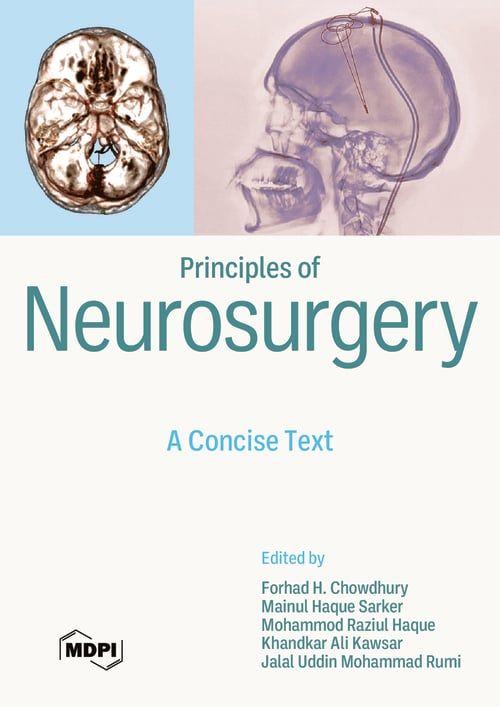Neurological Medical Diseases for Neurosurgeons
A deep understanding of neurological medical diseases is very important for a neurosurgeon. It is essential during clinical assessment, radiological evaluation, and surgical decision-making to identify when one should not operate on a multiple sclerosis or motor neuron disease patient. Many of these neurological medical diseases are under trial for neuro stem cell therapy. In this chapter, we will briefly discuss important and frequent neurological medical diseases. We will discuss encephalitis, acute demyelinating encephalomyelitis, multiple sclerosis, transverse myelitis, peripheral neuropathy, Guillain–Barré syndrome, chronic inflammatory demyelinating neuropathy, myasthenia gravis, hereditary muscular disorders, and Wilson’s disease.
